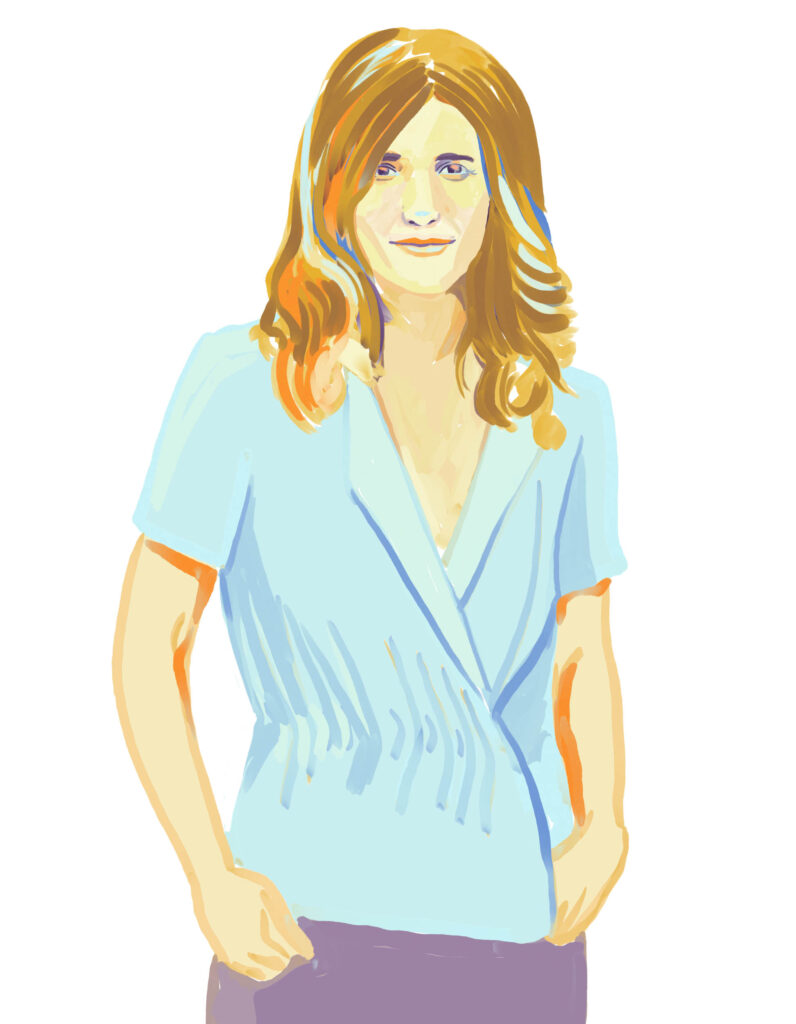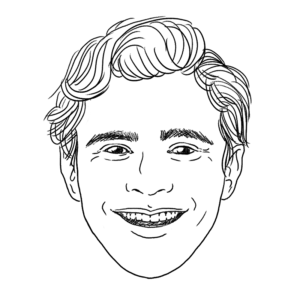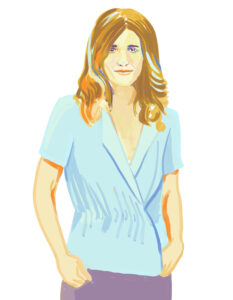Angela Richter is a German-Croatian theatre director and journalist who has interviewed some of the world’s most notorious whistleblowers, including Julian Assange and Edward Snowden. I asked her to explain her vision of a world without secrets.
What is it about whistleblowers that interests you—from a personal and professional as well as journalistic perspective?
Whistleblowers tend to reveal secrets that contradict the mainstream narrative, or reveal things that people didn’t know or that were hidden from them. That’s the nature of whistleblowing.
The first whistleblower I worked with, and continued to do so until the day that he was arrested, was WikiLeaks [founder] Julian Assange. Later I also approached Edward Snowden and created a transmedia play about mass surveillance with him. [I also worked] with Daniel Ellsberg, who revealed the Pentagon Papers [in 1971].
I couldn’t even imagine what was driving these people, because it’s totally clear that as soon as they release those things, they destroy their personal lives forever. It’s just over. Yet somehow they are radically driven by this idea to expose the truth.
What was the biggest lesson you’ve learned from your work?
I learned that we should always try to figure out what is the most plausible, most realistic narrative, which is often different from [what is shown] in the media.
Today, I think we have this extreme increase of all kinds of narratives that are fighting each other, even going so far that they become conspiracy beliefs—I’d rather not call them theories, because it makes them sound so legit. These strange legends that are around on the internet have escalated completely.
Were the consequences of disinformation more prominently felt during the pandemic?
Here in Germany, during the pandemic, we had the so-called “Querdenker” movement. Those were people that at first sight seemed to have very diverse [political views]—left, right, this, that, hippies together with housewives—they all protested against the government. The problem was that they got infiltrated by the right-wing movement, and also many of their critiques were based on conspiracy beliefs.
Many of them were involved in this QAnon theory, you know, which you cannot even begin to believe—it’s like a collective psychosis that’s enabled by the internet. All these crazy theories, they kind of shifted the attention from the real criticism that should have happened. I felt very conflicted about this whole thing because I thought: it is definitely necessary to criticise the government for the many mistakes they made in the pandemic, but not in this way.
How do you see the future of (dis)information?
When I look from very far away, I can see a paradigm shift happening: even if transparency seems utopian right now, on the other hand, it has become increasingly difficult to keep secrets in the time of digitalisation.
People have a growing hunger for information. In this jungle, we need to find a way to make real information accessible to people. We cannot give up trying.
Just imagining a world with transparency has so much revolutionary potential. If governments, big companies—all these global players who basically rely on secrecy—were asked for transparency, it would completely change the world. I think this enlightenment of transparency is a way to fight fake news.
In your open-source, transparent utopia, how will citizens make sense of the world if there are no journalists, media or “middlemen” of the truth?
I totally understand what you mean. I think we are very used to being patronised, or people doing the analysis on our behalf. It will not happen overnight, and figuring out the truth is exhausting and actually quite boring. It is a lot of work, and I think that not even journalists examine all the documents on Wikileaks.
Maybe we will need a totally different brain to have the energy and interest to go very deep into a topic and cut out the gatekeeper. It’s very utopian, and I think it will need time. It could also be a combination of information that is analysed and you get it in a nutshell, but that you are also able to examine yourself.




